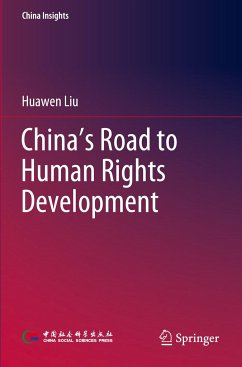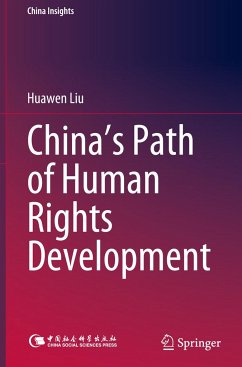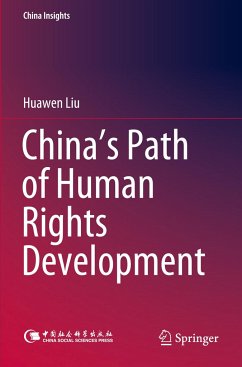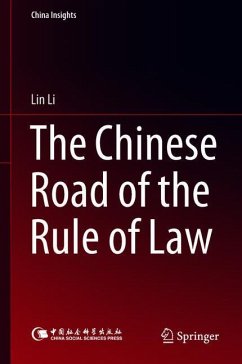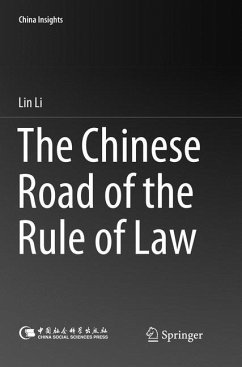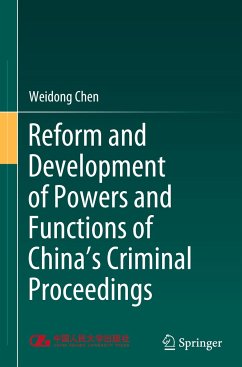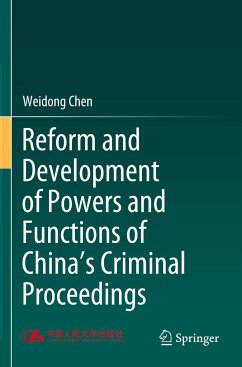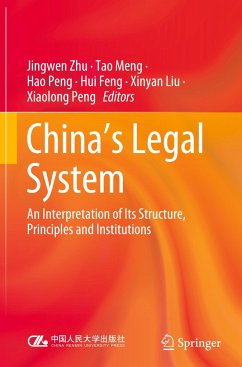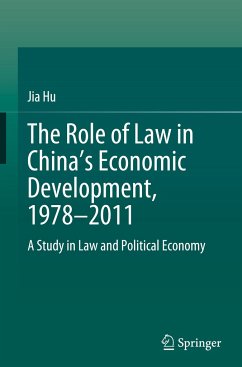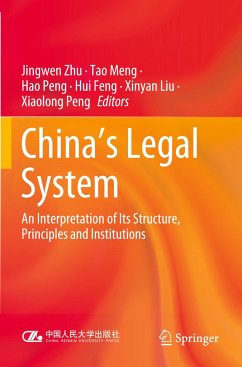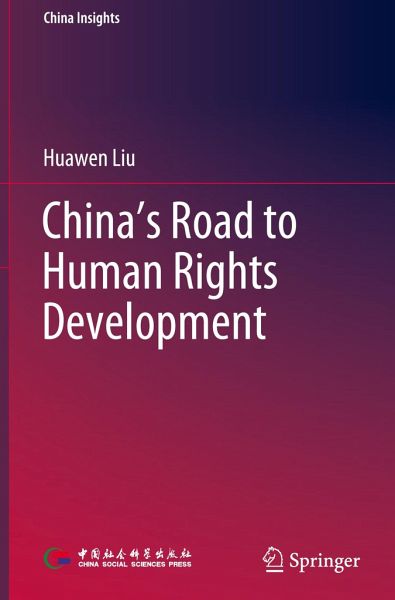
China's Road to Human Rights Development
Versandkostenfrei!
Versandfertig in 6-10 Tagen
91,99 €
inkl. MwSt.
Weitere Ausgaben:

PAYBACK Punkte
46 °P sammeln!
This book describes the development of human rights in the People's Republic of China since 1949. In particular, since the reform and opening-up, China has deepened its understanding of the rule of law and human rights, and realized the incorporation of human rights into the Constitution. The cause of human rights in China has entered a period of rapid development in a planned and step-by-step manner, and a path of human rights development suited to China's national conditions has been set out. China's international exchanges and cooperation in the field of human rights have gradually deepened...
This book describes the development of human rights in the People's Republic of China since 1949. In particular, since the reform and opening-up, China has deepened its understanding of the rule of law and human rights, and realized the incorporation of human rights into the Constitution. The cause of human rights in China has entered a period of rapid development in a planned and step-by-step manner, and a path of human rights development suited to China's national conditions has been set out. China's international exchanges and cooperation in the field of human rights have gradually deepened and strengthened, and China has made unique contributions, becoming a participant, builder and contributor to international human rights governance.





